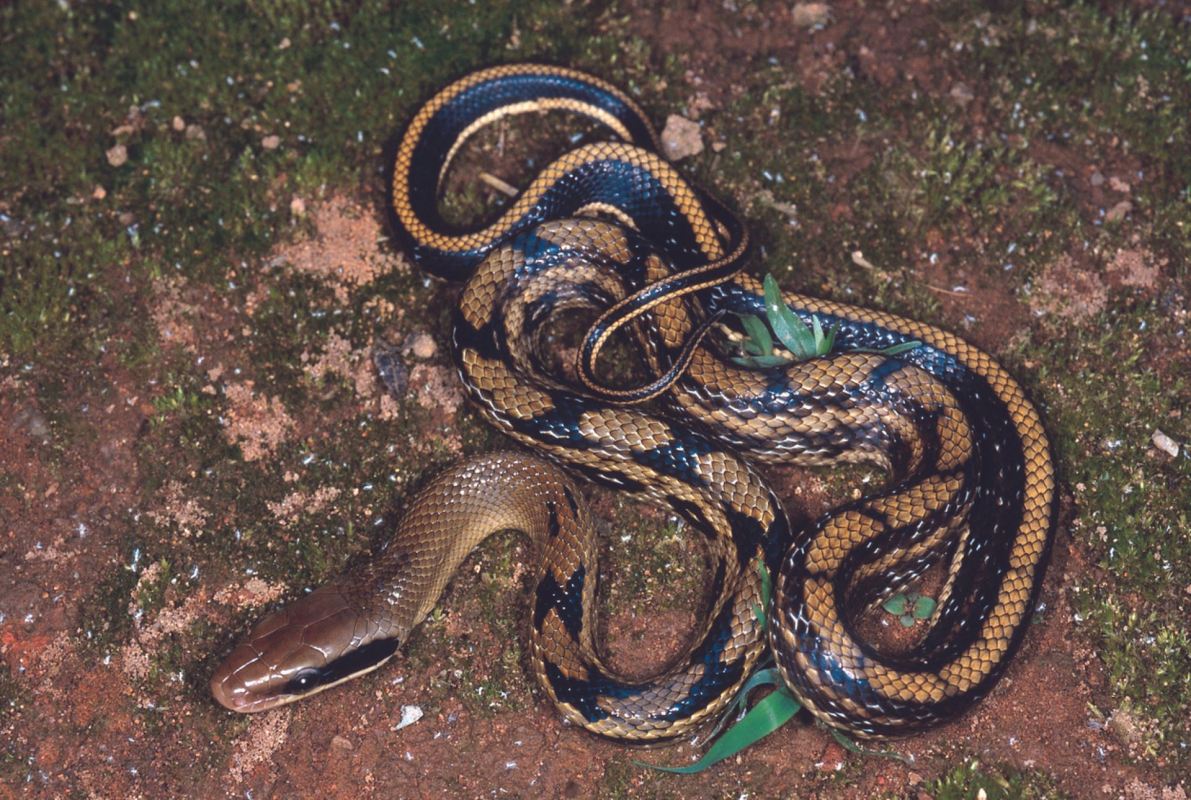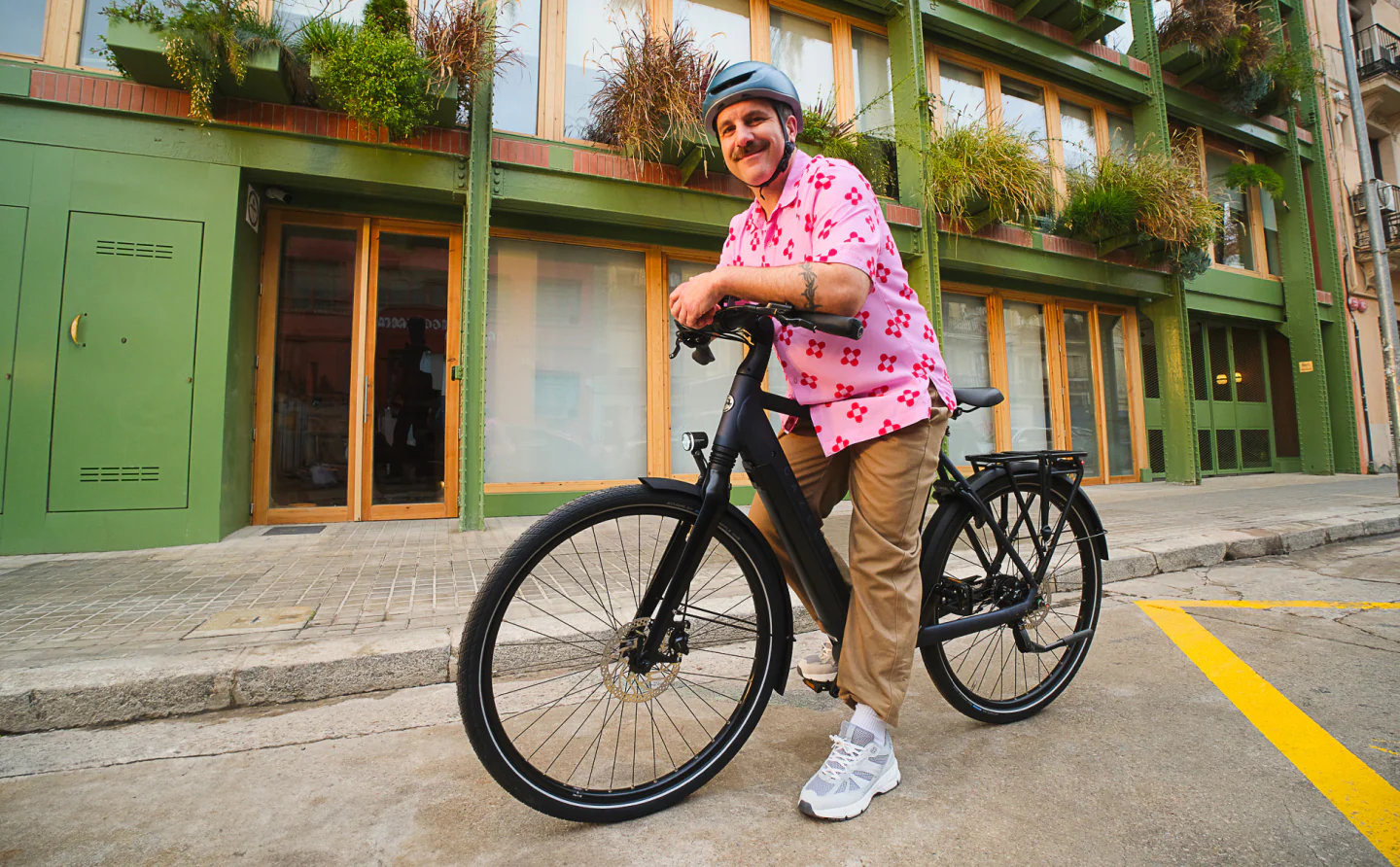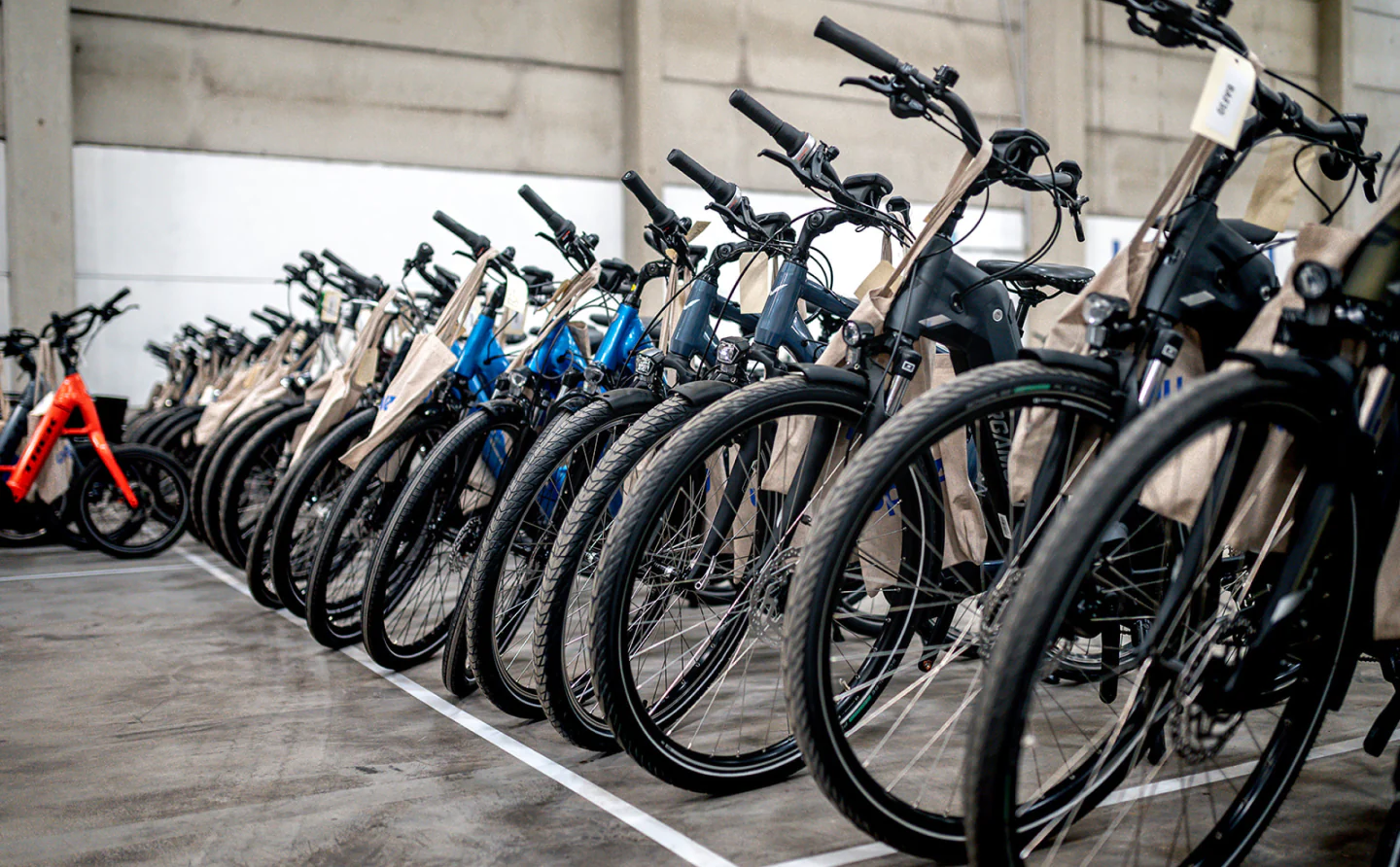Every kind of animal is vulnerable to plastic waste discarded by humans.
The Times of India reported in 2022 about a study that documented the rescue of two snakes that ate various single-use plastic items. Doctoral student Dikansh Parmar of Veer Narmad South Gujarat University published the paper in Brazil's Phyllomedusa, hoping to raise awareness about single-use plastic.
In one case, a rat snake regurgitated five baby rats — and a handful of pill bottles.
"I went to attend a snake rescue call at Vesu and while trying to rescue the snake, it spewed empty plastic bottles while trying to escape," Parmar told the Times. "A total of five bottles it spewed."
The other serpent, a trinket snake, had eaten the magnetic tape of an audio cassette. It was fed two live mice and excreted the 23-foot coiled tape two days later.
"On a snake rescue call, I noticed a piece of the tape coming out from its anus. I tried to remove it, but it was not coming out easily," Parmar said. "Due to timely action, I could save the lives of both the snakes, but how many animals and birds die when they do not get help?"
Also last year, a dead crocodile with plastic in its stomach was found at an Indian national park, marking the area's ninth unnatural croc death in 27 months. In Thailand over the last five years, a deer, dugong, and whale were found with so much plastic in their stomachs or intestines that it killed them. This year, a bear in Colorado and a whale in Hawai'i suffered the same fate.
Single-use plastic is such a menace in India that it has been banned. The state of Tamil Nadu previously successfully enacted a similar law, but people have not completely stopped using the dirty energy-sourced products. Only China and the United States produce more disposable plastic waste, according to The New York Times.
To decrease your consumption of single-use plastics, you can rely on cloth bags, buy a metal razor, switch to a reusable water bottle, and take advantage of dissolvable laundry and dishwasher pods.
All of these steps and more will help you do your part to keep toxic waste from reaching the environment and save countless animals.
TCD Picks » Upway Spotlight

Join our free newsletter for weekly updates on the coolest innovations improving our lives and saving our planet.














